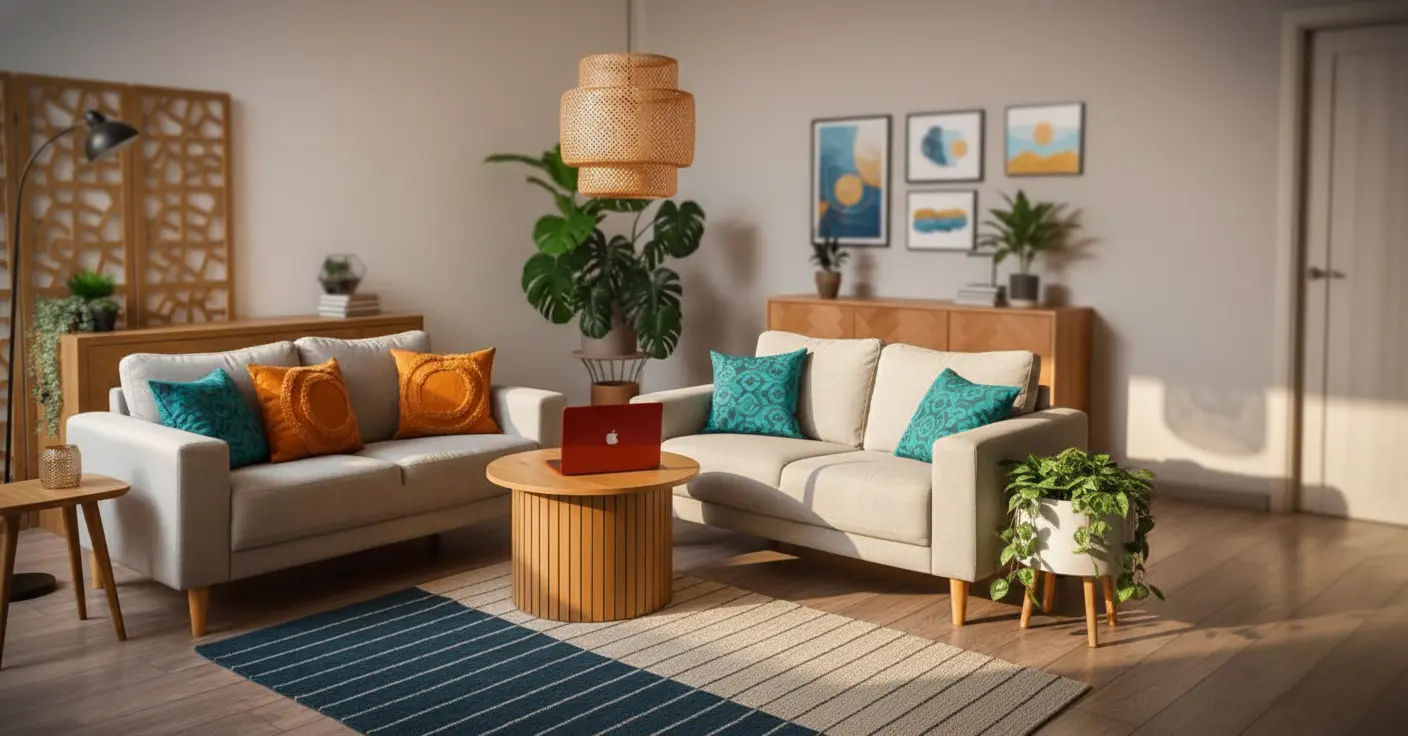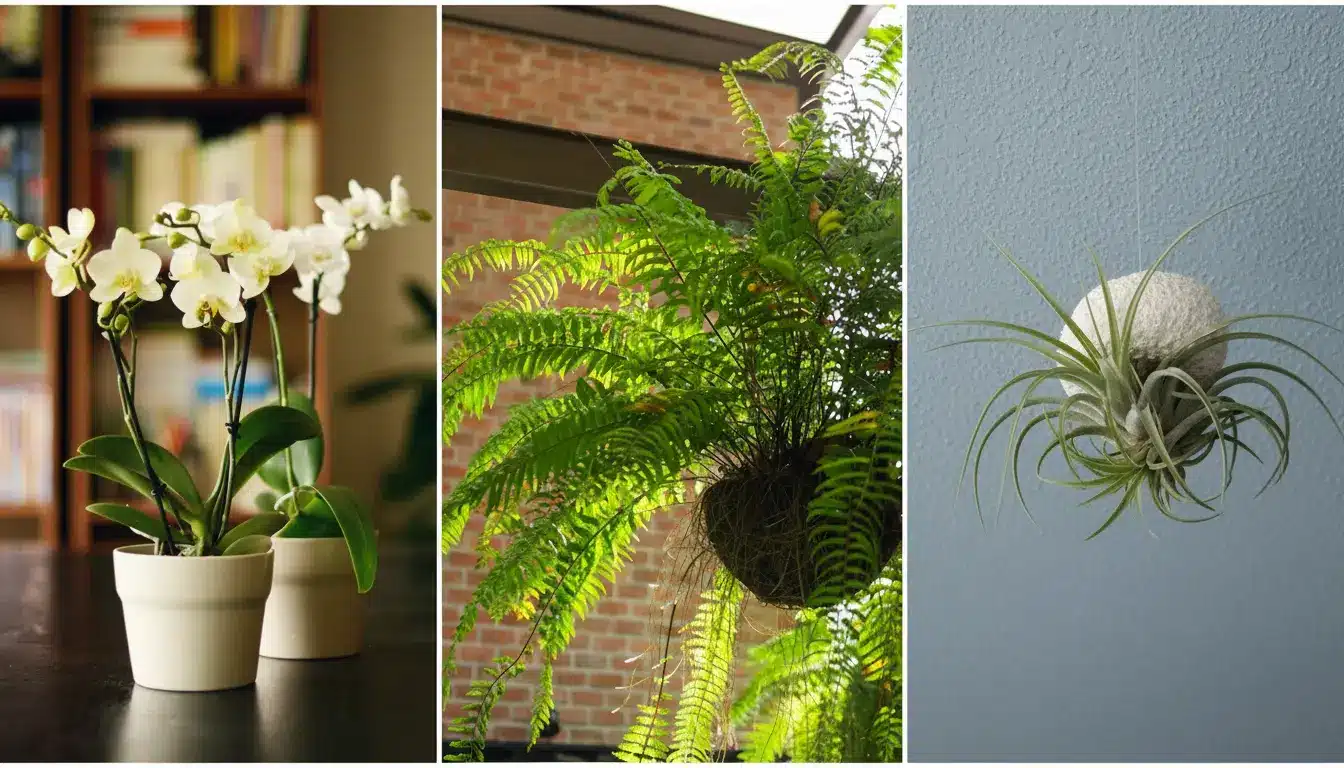Ever felt a streak of bad luck or an odd sense of chaos after splurging on a beautiful glass coffee table or hanging a glamorous new mirror? According to Feng Shui experts, that chic touch might just be tipping your home’s energetic balance—and not in your favor.
The Ancient Art of Feng Shui—and Its Warning
Feng Shui, the ancient Chinese art, aims to create harmonious spaces where energies circulate freely, enhancing well-being and personal success. While the right arrangement can turn your home into a sanctuary, there’s a flip side: some pieces of decor or furniture risk disturbing this much-coveted harmony. Today, let’s zoom in on a particular piece that demands attention—or perhaps, a strategic re-think—if you want to keep your home’s equilibrium intact.
The Invisible ‘Dampener’: Reflective Surfaces
There’s no denying that reflective surfaces—think glass furniture and mirrors—bring a touch of modern elegance to interiors. That sunlight dancing across your coffee table, the way a mirror doubles the light in a dim hallway… It feels airy and sophisticated. But not so fast: according to Feng Shui, these shiny elements can disrupt the energetic balance of a space.
Here’s the catch: the transparency of glass can slow down the flow of energy (or chi), making your lively home suddenly feel a bit off. Even more potent are mirrors. If placed in the wrong spot, mirrors can bounce negative vibrations right back into the room. So, while your glass surfaces might be whispering “chic,” they could also be muttering “bad luck.”
Mirror, Mirror—Careful Where You Hang
Let’s talk specifics: mirrors aren’t all bad, but they do need extra caution. Sure, they’re fantastic for making a space feel larger or brighter. Yet according to Feng Shui wisdom, their superpower depends on what they reflect—and where they’re placed.
Here’s a personal anecdote to make it real: imagine arranging your living room and feeling triumphant as you position a grand mirror directly opposite your entrance. The result? Every time you walk through your front door, chaos. Not the stage-three tornado type, but a restless, uneasy vibe. Luckily, by moving the mirror in sync with Feng Shui principles, calm is restored instantly—almost like magic, but with less drama and fewer broken vases.
- Mirrors should always reflect something positive: a garden view, artwork that brings you joy, or a welcoming space.
- Never place a mirror directly facing the entrance door or your bed. That’s a Feng Shui red flag hotter than a spicy Szechuan pepper.
A little attention to placement goes a long way in maintaining the tranquility of your home.
Creating a Harmonious Living Room—Some Practical Wisdom
The living room is often the heart of the home—a place for relaxation and conviviality. To make it welcoming and balanced, Feng Shui-inspired tips include:
- Avoid glass furniture or, if you love it, position it in a way that supports rather than interrupts the energy flow.
- Think twice before placing large mirrors willy-nilly. Their impact depends entirely on what they reflect and where they’re hung.
- Arrange each room with care, keeping in mind how every piece contributes to the overall feel—and energy—of the space.
Remember, Feng Shui thrives on harmony and balance between elements. By steering clear of poorly placed mirrors or too many glass surfaces, and mindfully arranging every item, you’ll help foster a nourishing environment. Before choosing your next piece or moving anything around, pause for a moment and consider its potential impact on your home’s energy. It’s like interior design, but with a dash of ancient wisdom and a sprinkle of self-awareness.
An inviting, balanced home isn’t just good for your Instagram feed—it sets the tone for a more serene life. So, when in doubt, keep it simple: rethink reflective surfaces, and embrace harmony over hustle.

John is a curious mind who loves to write about diverse topics. Passionate about sharing his thoughts and perspectives, he enjoys sparking conversations and encouraging discovery. For him, every subject is an invitation to discuss and learn.






